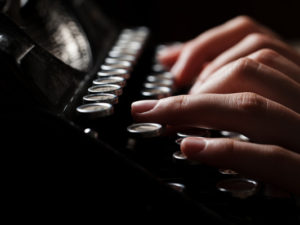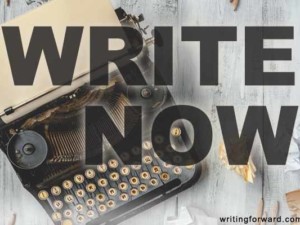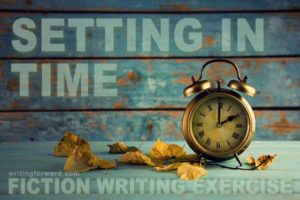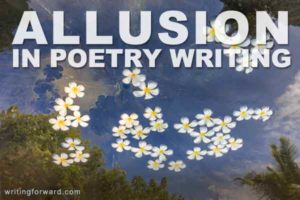
Is It Plural or Possessed? When to Use Apostrophe -S
It’s one of those grammar glitches that makes English teachers twitch, and it’s a perplexing punctuation problem. Knowing when to use an apostrophe and when to use apostrophe -s can be tricky, but this grammar quickie provides all you need to know about plural versus possession when it comes to apostrophe -s. Pluralization You can…Read More

Debunking Common Myths About Writing
Myths abound in the world of the arts, and writers are not immune to them. Many of us succumb to the fallacies that are floating around about what it means to be a writer or what it takes to become a writer. So what’s the matter with falling for myths about writing? Myths about writing…Read More

What’s Wrong with Adjectives and Adverbs?
“The road to hell is paved with adverbs.” – Stephen King It’s not unusual for writing experts to recommend keeping adjectives and adverbs to a minimum. But many writers prefer to laden their language with modifiers, usually as a way to provide more detail and description for readers. And young and new writers tend to overuse…Read More

Writing Tips: Write Now!
“A writer who waits for ideal conditions under which to work will die without putting a word to paper.” – E. B. White What are your ideal writing conditions? Is it quiet, or are there stimulating background noises? Are you alone, curled up in a chair with a pen and a notebook, or are…Read More

10 Good Grammar Resources
This post contains affiliate links that earn commissions. There’s good grammar and bad grammar, proper grammar and poor grammar. Some writers have fun with grammar and for others, grammar’s a bore. But in order to communicate effectively and for our writing to be professional (and publishable), we all need reliable grammar resources. There is no grammar…Read More

Poetry Prompts for the End of the Year
The end of another year is just around the corner. It’s a busy season packed with holiday shopping, gatherings with friends and family, and preparations for the new year ahead. Maybe you don’t have time to sit and write the way you usually do. Maybe your head is spinning with all the things you have…Read More

Setting in Time
Today’s fiction writing exercise is an excerpt from my book, Story Drills: Fiction Writing Exercises, which imparts lessons and techniques on the craft of storytelling and provides practical exercises for study and practice. This exercise focuses on story’s setting and more specifically, making sure readers know when every scene in a story takes place. Enjoy!…Read More

Literary Style in Storytelling
Today’s post includes excerpts from What’s the Story? Building Blocks for Fiction Writing, chapter five: “Narrative Style, Voice, and Tone.” Enjoy! Literary Style Literary style is the aesthetic quality of a work of literature—the distinct voice that makes each author unique. It’s the way we string words together, the rhythm of our prose, the catchphrases…Read More

Using Allusion in Poetry Writing
As we read poetry and other forms of literature, we’ll inevitably come across allusions. An allusion is a reference to something else; it can be indirect or explicit. In poetry, most allusions refer to other works of art and literature or to historical persons or events. Cultural references are also common. Although allusion is a…Read More

Homophones: Compliment vs. Complement
Homophones are words that sound alike but have different meanings. Sometimes, they’re also spelled differently: compliment vs. complement. Since homophones sound the same, they are often misspelled. Sometimes they’re misspelled because the writer doesn’t know there are two different spellings. In other cases, misspelled homophones are the result of typing too fast or failing to…Read More



